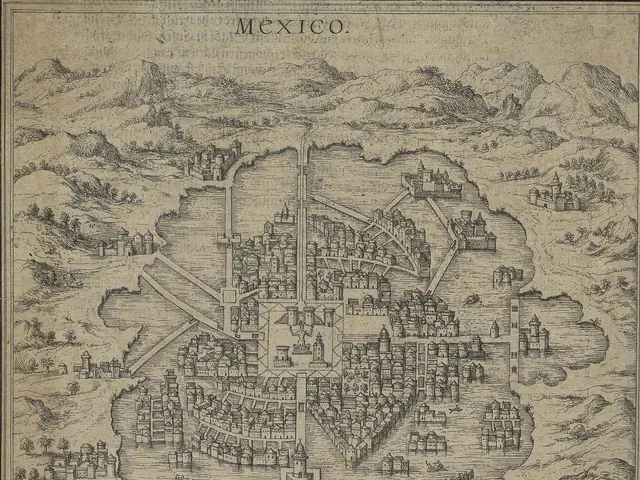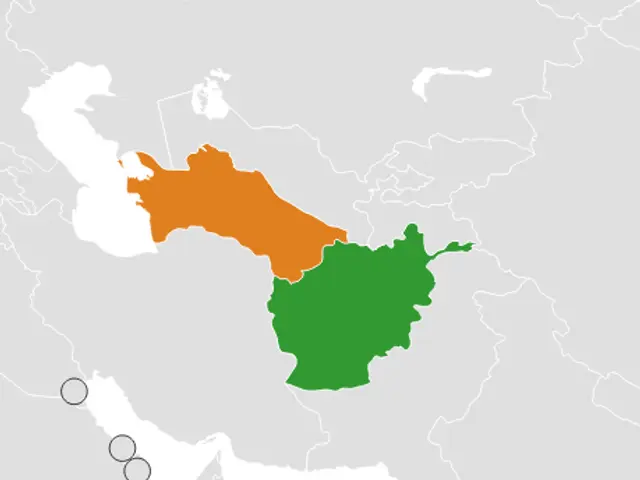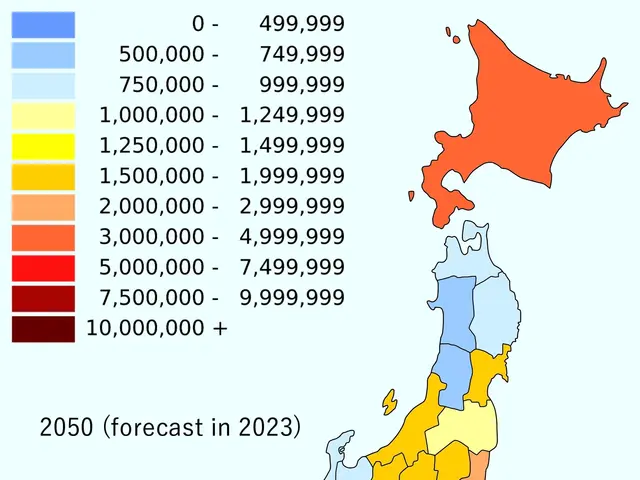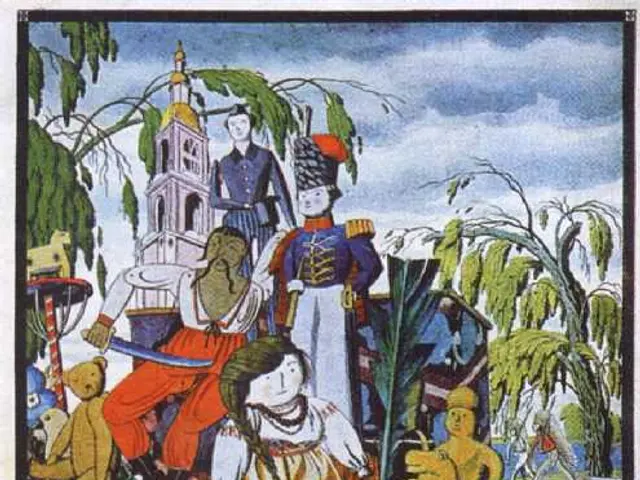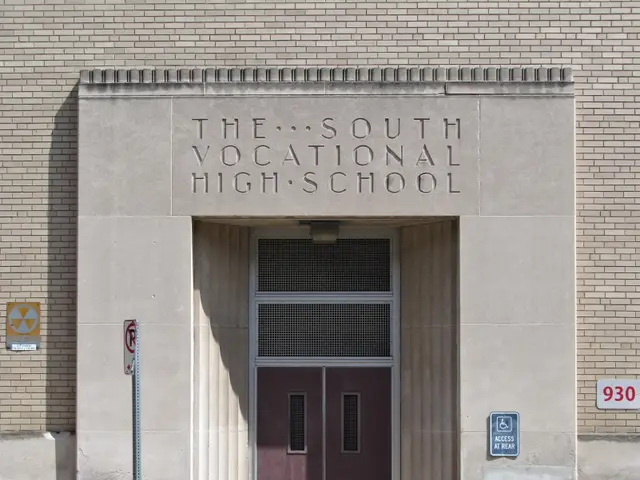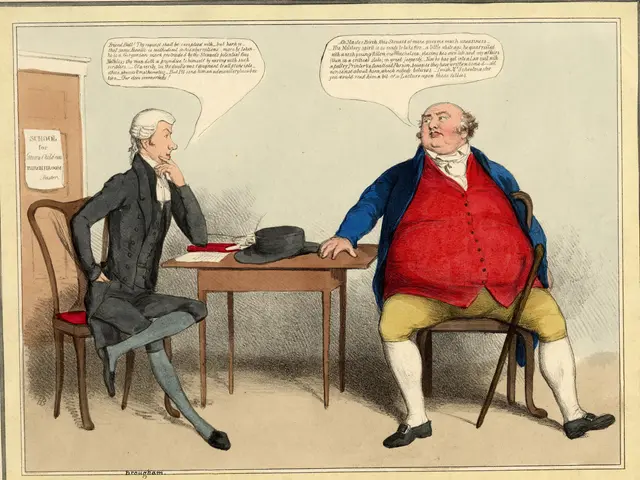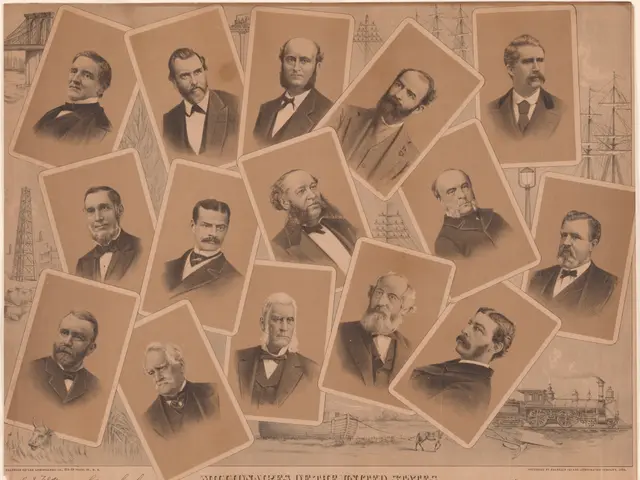South Korea cannot pave its way to peace without a stronger, more robust democracy, asserts Sandel
In a significant gathering in Seoul, world-renowned political philosopher Michael Sandel addressed the connection between the crisis of democracy and the challenges to peaceful coexistence with North Korea. Sandel met with President Lee Jae Myung and highlighted the concept of a "democratic dividend" during their meeting.
Sandel praised South Korea's "astonishing achievements" in economic transformation, democratic transition since 1987, and cultural ascent. However, he warned that the polarization gripping South Korean society is a direct threat to the country's ability to make collective decisions about its future.
The roots of this polarization lie in deep-seated political partisanship, structural inequalities, and meritocratic pressures. The intense competitive pressure of the educational systems and the meritocratic competition in South Korea create a divide between winners and losers. Sandel emphasized the need to disentangle legitimate grievances from the ugly sentiments with which they are often entangled.
Sandel suggested that in a democracy like South Korea, it is not possible to decide what kind of coexistence with North Korea is possible and desirable without democratic dialogue and debate. He outlined three ascending visions of coexistence: the minimal version (absence of war and violence), mutual respect (living side by side under different systems while acknowledging the legitimacy of the other), and the most ambitious vision (a shared community with a sense of belonging, mutual obligations, and a shared identity).
Healing the wounds of globalization is crucial for maintaining democracy and deciding what kind of peaceful coexistence South Korea should pursue with North Korea. Reviving public spaces where citizens from different backgrounds can encounter one another as equals is crucial in changing public discourse.
Sandel stated that inter-Korean peaceful coexistence is a civic and moral task that demands broad public participation and democratic deliberation. He emphasized that the Lee Jae Myung administration's quest for peaceful coexistence with North Korea cannot be separated from the health of South Korea's own democracy.
The solution is not just about redistributing wealth or adjusting economic policy; it involves restoring respect for the dignity of all work, ensuring that jobs are valued for their contributions, regardless of academic credentials. Sandel warned that unless South Korea can overcome its polarization, it will continue to struggle to build the democratic consensus necessary to determine what kind of peaceful coexistence to pursue with North Korea.
The person who highlighted the concept of the "democratic dividend" during the meeting with President Lee Jae Myung is Kevin Casas-Zamora, Secretary General of International IDEA. This concept implies that peace on the Korean Peninsula could help ease the polarization now threatening democracy in many countries, including South Korea.
Reaching a national consensus on peaceful coexistence, according to Sandel, is essential to achieving genuine peace. Sandel's insights offer a thought-provoking perspective on the intertwined issues of democracy and peaceful coexistence, and his visit to South Korea has sparked important conversations about the future of the country and its relationship with North Korea.
Read also:
- Executive from significant German automobile corporation advocates for a truthful assessment of transition toward electric vehicles
- United Kingdom Christians Voice Opposition to Assisted Dying Legislation
- Democrats are subtly dismantling the Affordable Care Act. Here's the breakdown
- Financial Aid Initiatives for Ukraine Through ERA Loans

